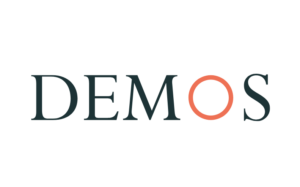Disinformation Dynamics: Weaponising community divisions in local environmental discourse
- Priority Area Multidisciplinary Investigations on Disinformation in Europe
- Year 2023, 2024
- Country United Kingdom
- Project Status Completed
Conversations about local environmental policies such as Low Traffic Neighbourhoods (LTNs) and 15-minute cities in the UK are increasingly divisive: with concerns about the implementation, impacts or democratic legitimacy of these projects intersecting with rising conspiracism, political division, disinformation and misinformation about the policies, generating high-profile protest and international conversation in online spaces.
Demos and PINF are partnering to investigate two connected questions: how do disinformation campaigns weaponise and amplify existing social divisions in local communities; and what is the role of local information ecosystems in challenging this?
The project will investigate how political discourse around 15 minute cities and LTNs is both being shaped by and shaping the nature of the disinformation leveraging these divisive issues. Working with PINF, the Public Interest News Foundation, it will engage with local communities across the UK and information producers to understand the local information ecosystem; how information about these issues is being produced by local media and on social media, and how this affects how people feel about and engage with the topics.
Analysing online social media data, the team will then explore how these issues are being weaponised and how disinformation online is affecting the discourse around them. Project will explore how influential figures internationally are exploiting these divisions; how disinformation is being used to drive division; and what effect it is having on organic social media conversations and the intersection with misinformation.
Finally, the team will identify what steps should be taken by local, national and international decision-makers to mitigate the impact of disinformation weaponising and deepening social divisions, and to respond to new and emerging information crises.

